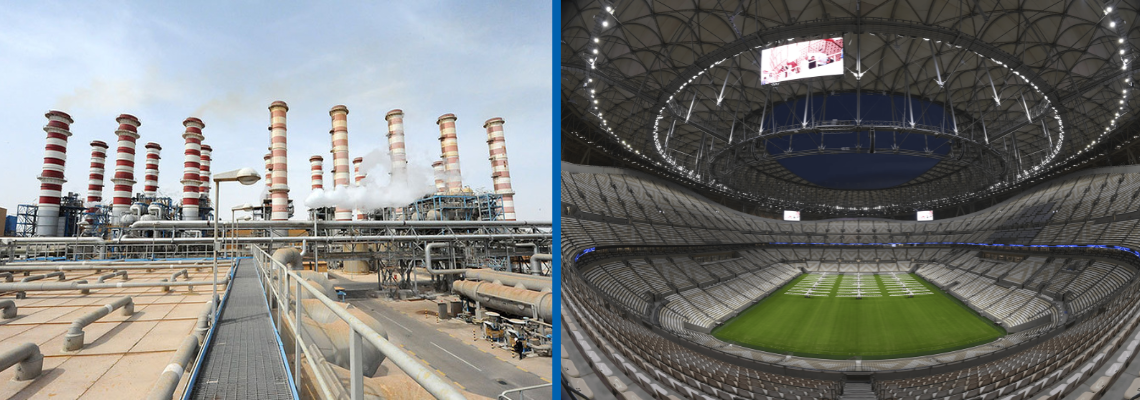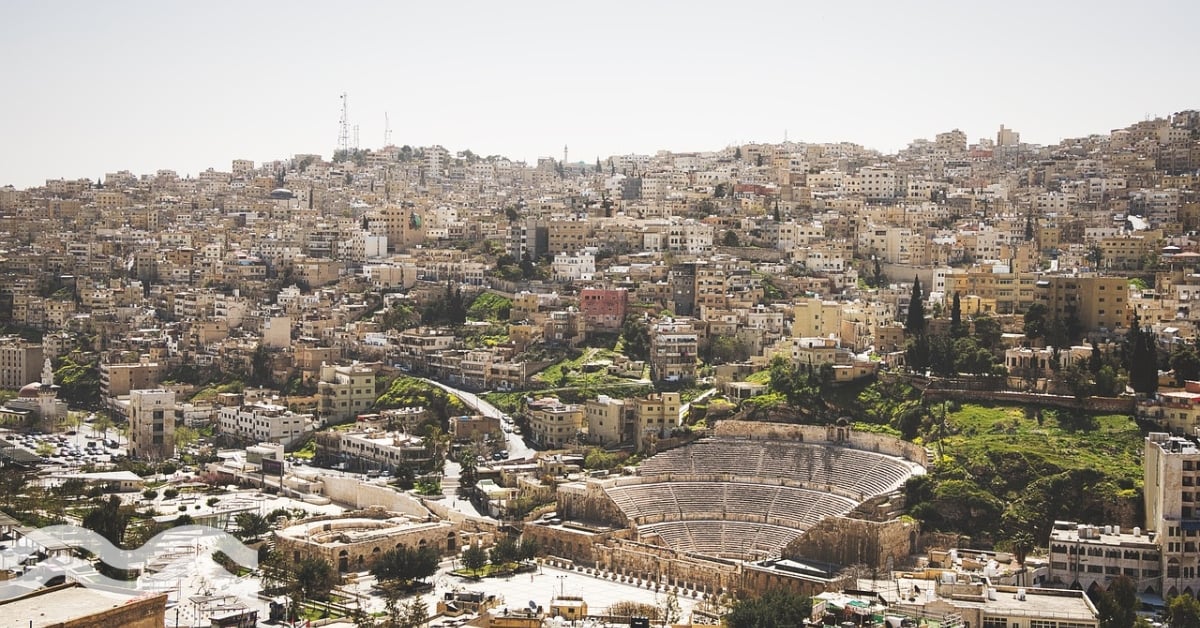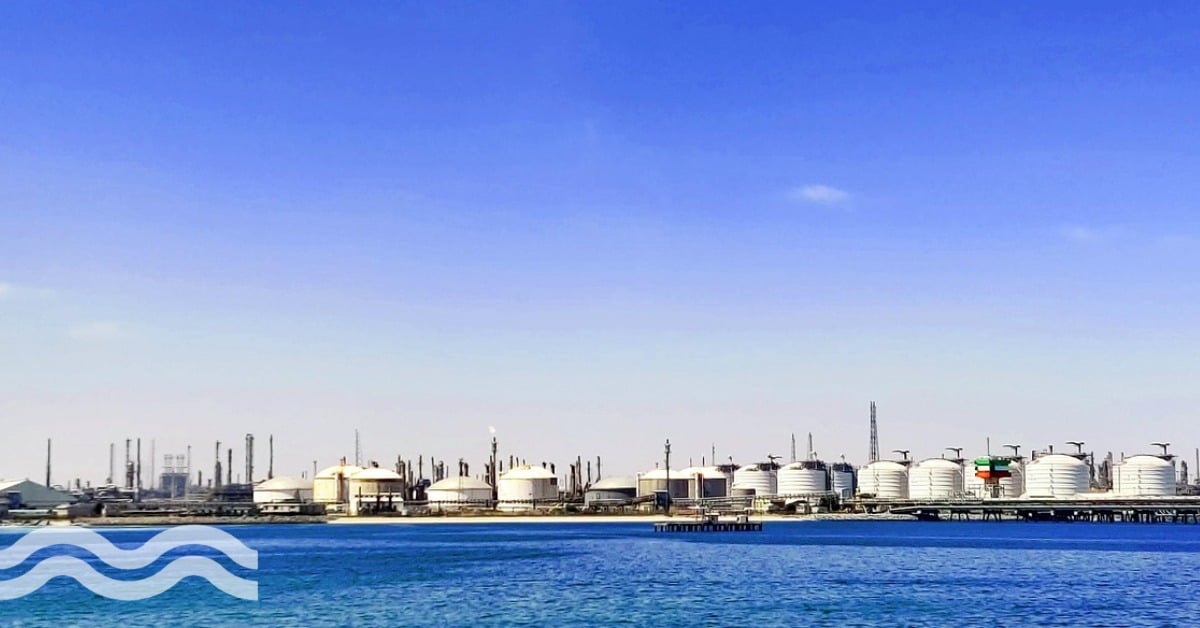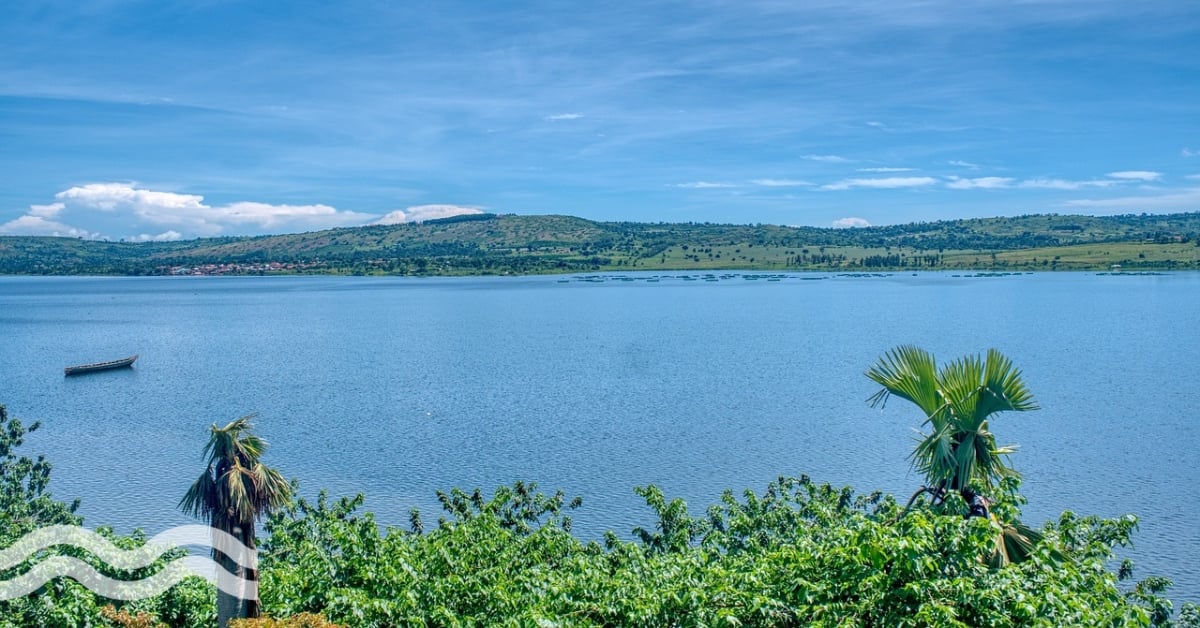Pitch perfect? The water cost of Qatar's World Cup

The upcoming FIFA World Cup in Qatar has garnered a great deal of controversy from both a human rights perspective and the country's strict social laws.
With the competition weeks away, Aquatech Online looks at the water cost of hosting the world's biggest sports tournament in a country heavily reliant on desalination.
10,000 litres per pitch
It’s been estimated that each football pitch for the World Cup in Qatar will require 10,000 litres of desalinated water a day.
Qatar, in the build-up to the world's biggest sporting event now has eight stadiums requiring a total of 80,000 litres of water every single day.
In addition to the stadium pitches, Qatar has also built 136 training grounds that will require even more water to maintain their health.
Qatar has been flying in 140 tonnes of grass seed annually from the United States on special climate-controlled aircraft
Early this year, Reuters reported on the efforts underway to build and maintain the football pitches.
At the start of September, Qatar groundskeepers began blasting chilled air to ensure the pitch turf succeeds in the desert country for the competition.
The ambition is to improve turf quality and increase the number of soccer pitches by mimicking winter in the Gulf state where temperatures can reach 40°C in the fall.
"The weather condition and the climate together with the level of performance criteria we have set for ourselves make it extremely challenging to develop the product we need. But we succeeded," Haitham Al Shareef, a Sudanese civil engineer who has worked on Qatar's pitches since 2007, reportedly told Reuters at the time.
Furthermore, Qatar has allegedly been flying in 140 tonnes of grass seed annually from the United States on special climate-controlled aircraft, Al Shareef told Reuters, and pitches are watered with desalinated seawater.
Just the tip of water intense iceberg
Aside from the main pitches, a further 425,000 sq metre reserve of grass, equal to 40 football pitches worth, is growing at a farm north of Qatar's capital Doha.
According to previous figures Qatar, this reserve turf would require 400,000 litres of water, daily.
If you seed the pitch too early, you will have germination, but the winter grass will not really grow, it will actually die because it's too warm.
This reserve turf can be harvested and transported to a stadium and laid down ready for play in just eight hours, said Mohamed Al Atwaan, who worked as a project manager on Stadium 974, the only waterfront venue at this year's event.
"When you have wear and tear, you want the grass to keep growing to recover," Al Shareef said.
"If you seed the pitch too early, you will have germination, but the winter grass will not really grow, it will actually die because it's too warm."
Groundskeepers trigger winter in September, seeding pitches with ryegrass, a method that has in the last three years produced enduring pitches.
Qatar has also countered the risk of fungus and disease outbreaks with a maintenance routine involving chemical concoctions, lawnmowers that can vacuum debris and even an underground system that sucks excess moisture, according to a UEFA pitch consultant.
Desalination destiny
The Guardian reports that desalination is projected to boom by 37 per cent across the Gulf region in the next five years.
Historically lacking natural water resources, Qatar has been a bastion of thermal desalination in the Middle East, alongside Saudi Arabia and the United Arab Emirates (UAE).
Qatar has three primary desalination plants, one in Ras Abu Fontas south of Doha and two in Ras Laffan. The Ras Abu Fontas (RAF) A2 Seawater Desalination Plant has a capacity of 160,000 m3/day.
While Qatar has dreams for its national team to go far in this year’s tournament, questions will remain on whether this could be the thirstiest World Cup of all time.


